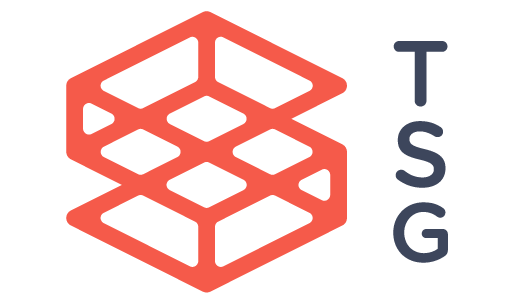Someone once said, “Starve your distractions, and feed your focus.” Stephen Covey says “The main thing is to keep the main thing the main thing.” Coming from 7 years as an ex-channel exec and 20 total in the industry, I say none of that matters if you haven’t taken the time to define what that focus is, or should be. What is your identity in the industry? What are you known for? How would customers describe what you do? What will be the answers to those questions 5, 10 years from now? I believe for most businesses, there is more struggle in the defining stages than there are the stick-to-it stages; making the former more important than the latter. The IT Solution Provider industry is complex and littered with thousands of companies focusing on as many different things. No focus, or the wrong focus, leads to an overcrowded space where maybe 1 in 20 channel companies can be trusted to provide real value to clients.
ITSPs often struggle with what to focus on because of several aspects of the field that can all be remedied with a clear direction in the following categories.
Geographic
Some companies choose to have a narrower focus on specific regions while others prefer to grow faster geographically. I tend to believe the better economies of scale are found in expansion within existing regions because it is simply more expensive to open new offices, find and manage talent in new regions. The ROI on average is more difficult to reach, and the cost associated with failure when expanding to new regions is tremendous.
Product and Client
Then we get into the heart of the struggle: what to sell, and who to sell it to? There is value in assessing who you want your install base to be. Sometimes this is driven by what you sell (ie a specialization in logistics implementation sw driving a focus on manufacturing, shipping, or transportation industry clients), and often it is the other way around (ie a Financial Services client base driving a need for specific regulatory, compliance, or cyber security products). This is all part of the decision-making process of defining your company’s focus, and for the sake of this general discussion we’ll focus more on what to sell vs. who to sell it to, as a large portion of the ITSM market is not as much client-specific as they are product/services-specific.
When looking at what to sell, a significant consideration is services vs. product. At my last company we started out as a product-only reseller, then over time layered in services (basic install -> professional implementation services -> light consulting (assessments) -> consulting/services catalogue). General recommendation here: in the beginning do what gets you in the door and what you’re good at. Then add services/consulting over time to continue creating value for clients but only in the context of what you have decided to be your focus or identity.
Under that product and services umbrella, many companies grapple with deciding simply between a broad or narrow focus. There are an infinite number of layers to this puzzle but if you accept the premise that a company can’t satisfy every need for every customer, then we can generally choose one of two very different paths: be the best at one or few things for all customers, or be the best at everything for one or few customers. My advice…Unless you’re an outsourcer, don’t choose the latter. It’s risky, expensive, difficult to recover from failure, and you are much more expendable in the customer’s eyes than you may think.
While it’s true plenty of companies have been successful literally selling one product or one category of products, there’s a good argument to be made for a middle ground. Think of how customers view partners who are the best at something. There is a trust, and a peace of mind in knowing in that one area, they will be taken care of, and can always rely on that partner. And wouldn’t a customer want that feeling in other areas of spending? Pro tip: the threshold for success in a customer’s eyes varies depending on what you’re doing for them. Some products or services may be very complex, difficult to deliver and therefore a high threshold exists for true customer satisfaction, others may be considered more of a commodity spend not requiring anything too special of the vendor in order to meet customer expectations.
Find Your Niche in the Market
Who are the competitors, obvious and otherwise? What are the needs of your prospective clients? Which needs vary by vertical and which are common across all industries. Where are the gaps? Find the gaps that can be filled with unique, strategic differentiation and be the best in one or two of those areas. The best. To the point where you become known for those things. Make it so that with all the decisions you make in the business with hiring, marketing, product and service selection, investments, and customer service your focus and identity can guide you every step of the way. Make your company become your business’s identity that you decided on from the very beginning. After you’ve created that reputation for yourself, then look at other areas of customer need that have a lower threshold of delivery success. Find the economies of scale that work for your business but don’t distract you from the main thing. Know where the lines are and be comfortable saying no. Clients have a ton of respect for partners who say “we’d love to help but that’s really not our specialty so let us recommend someone who could serve you better there.”
Recognize the difficulty and importance of defining your company identity. It’s not easy but can make all the difference in a successful business long term. Conduct the necessary analyses of your geographical region, competitive landscape, customer needs, and inherent core competencies of your people. And finally, have the courage to not only choose the right path, but the confidence and discipline to see it through. Customers will respect you for being excellent in a few areas and saying no to them. So much so, that they may just wind up giving you other areas of their spend that have a lower bar for successful delivery. Feel free to reach out with any feedback to discuss further – I’d enjoy hearing from you.
– Chad chad@syndicategroup.com




You take a same interesting website. I like the whole word that you provide with every article. Marena Timmie Venterea